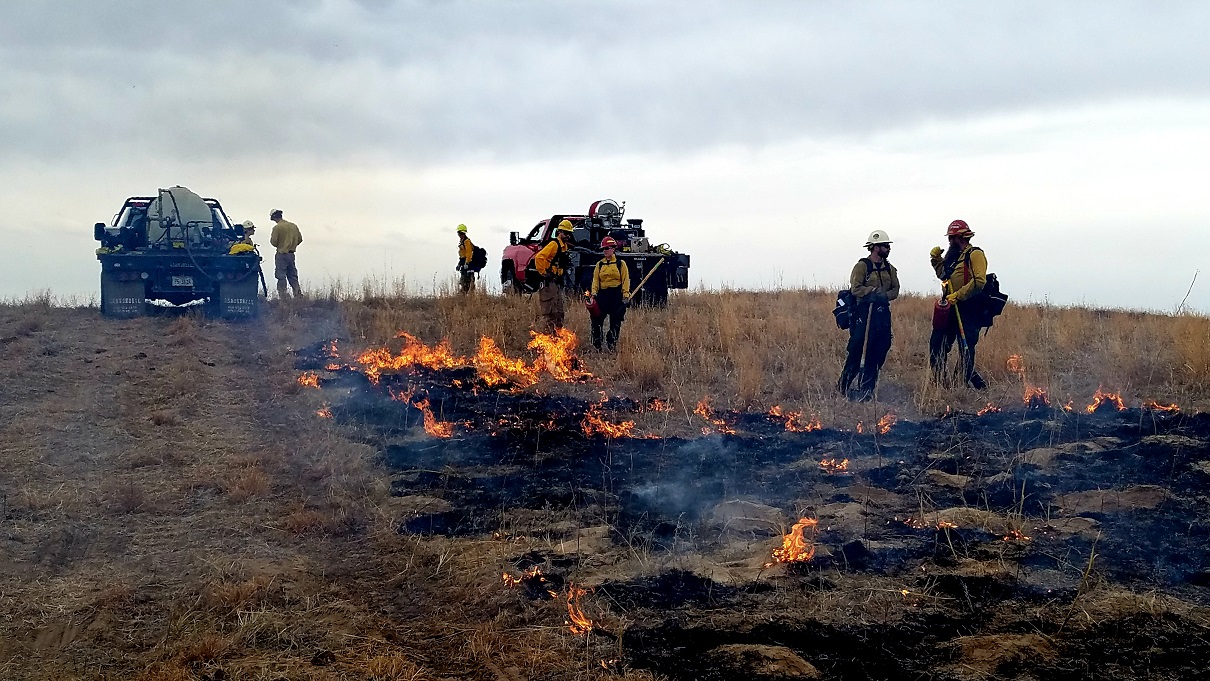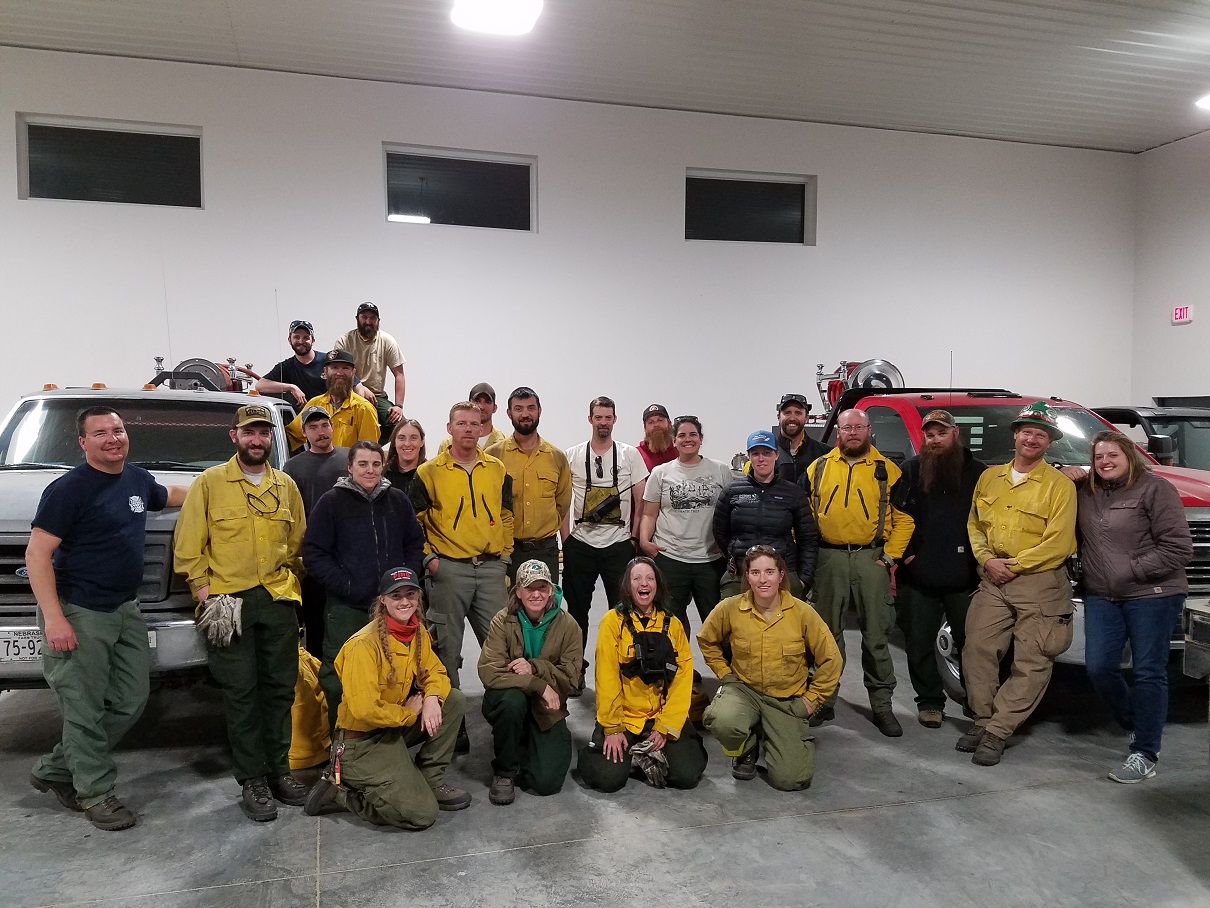Council Initiatives
Certified Burner Program
The Council is exploring the possibility of creating a Utah Certified Burner program that would bring more thoughtful and comprehensive planning into the world of prescribed fire on private lands. By training and certifying private entities to plan and implement prescribed fire in a more systematic and educated manner, similar to that required by policy for natural resource and fire management agencies at all levels of government, the end result would be to promote the relatively safe and efficient use of fire as a management tool regardless of land ownership.
The Council will work with the Utah Legislature and other stakeholders to explore the potential to provide some level of civil liability protection for those trained and certified entities similar to the states of Colorado and Florida. This would mean that a private landowner or landowner’s designee who is certified by the state as a Certified Burner or qualified by National Wildfire Coordinating Group (NWCG) standards as a Prescribed Burn Boss is not liable for civil damages for acts or omissions made in good faith resulting in damage or injury caused by fire or smoke resulting from prescribed burns they conduct on the landowner’s property and in compliance with applicable state laws and local ordinances, unless such private landowner’s or designee’s acts or omissions are grossly negligent or willful and wanton.

Prescribed Fire Training Exchanges (TREX)
The Council is also working to host a Prescribed Fire Training Exchanges (TREX) and/or cooperative burns in Northern Utah. The TREX would provide experiential training that builds robust local capacity for fire management and offers professional fire practitioners a more holistic perspective—while implementing treatments that support community and landscape objectives.
The TREX strategy does what no one else is doing: it provides a cooperative burning model that services the needs of diverse entities, including federal and state agencies, private landowners and contractors, tribes, academics and international partners—while incorporating local values and issues to build the right kinds of capacity in the right places.
The key focus of TREX is promoting the spread of effective cooperative burning—helping diverse partners leverage skills, resources and staff in ways that maximize opportunities for outreach, treatment and training.


